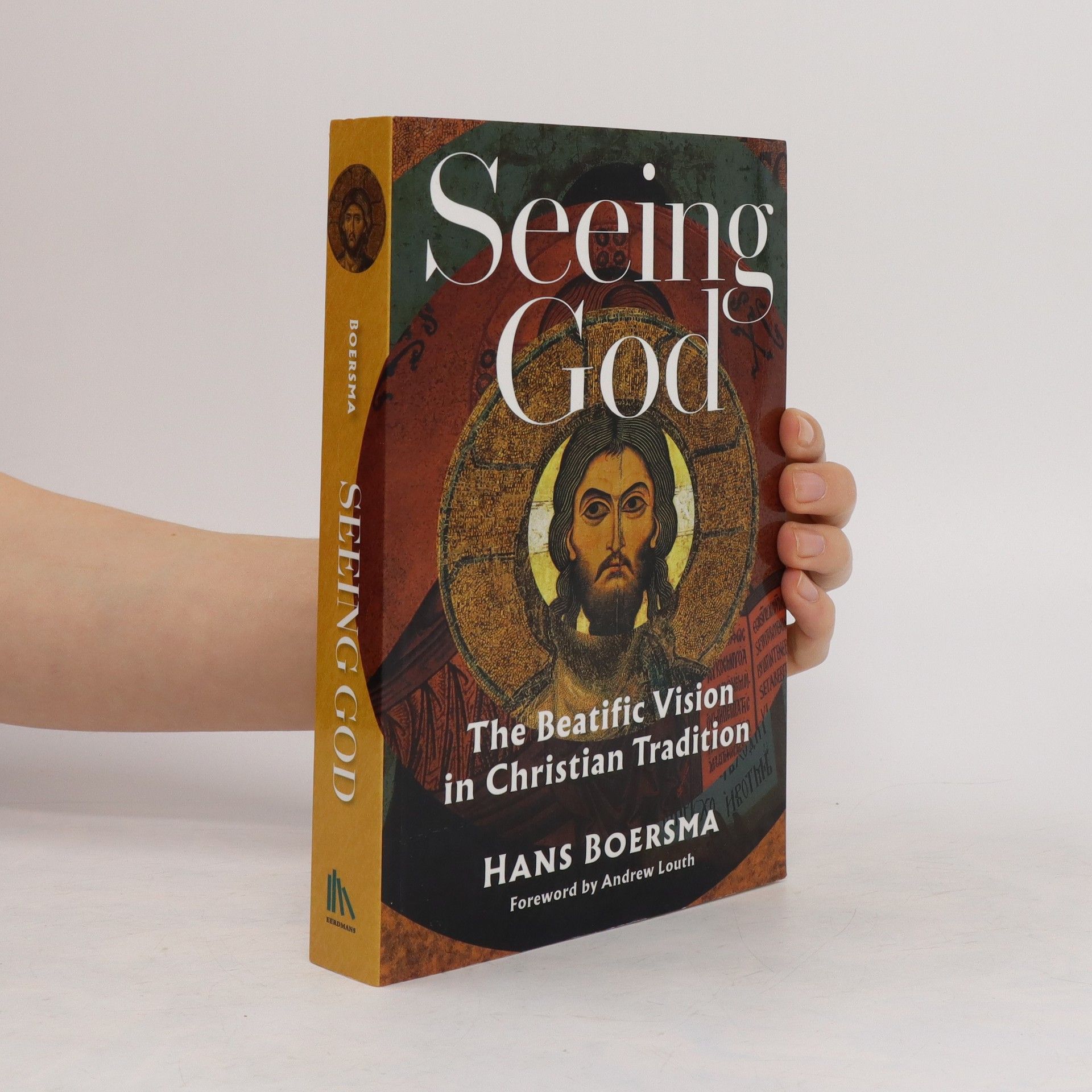Seeing God
- 487 Seiten
- 18 Lesestunden
Winner of the Christianity Today Book Award in Theology/Ethics To see God is our heart's desire, our final purpose in life. But what does it mean to see God? And exactly how do we see God--with our physical eyes or with the mind's eye? In this informed study of the beatific vision, Hans Boersma focuses on "vision" as a living metaphor and shows how the vision of God is not just a future but a present reality. Seeing God is both a historical theology and a dogmatic articulation of the beatific vision--of how the invisible God becomes visible to us. In examining what Christian thinkers throughout history have written about the beatific vision, Boersma explores how God trains us to see his character by transforming our eyes and minds, highlighting continuity from this world to the next. Christ-centered, sacramental, and ecumenical, Boersma's work presents life as a never-ending journey toward seeing the face of God in Christ both here and in the world to come.

